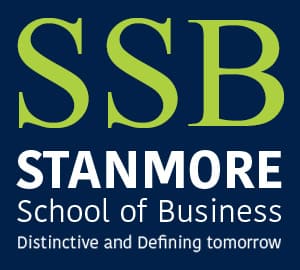Certificate in Business Management for the Environment and Land-based Sector Alumni Stories: Insights and Achievements in Sustainable Land Management
-- viewing nowBusiness Management for the Environment and Land-based Sector alumni stories showcase the impact of sustainable land management practices. Learn from professionals who have successfully applied their knowledge in environmental conservation, land use planning, and natural resource management.
4,830+
Students enrolled
GBP 140
GBP 202
Save 44% with our special offer
About this course
100% online
Learn from anywhere
Shareable certificate
Add to your LinkedIn profile
2 months to complete
at 2-3 hours a week
Start anytime
No waiting period
Course details
Career path
| Role | Percentage |
|---|---|
| Sustainable Land Manager - Responsible for implementing and maintaining sustainable land management practices, ensuring environmental conservation and efficient resource use. | 30% |
| Environmental Consultant - Provides expert advice on environmental impact assessments, sustainability strategies, and regulatory compliance for land-based projects. | 25% |
| Agri-Business Manager - Oversees the development and implementation of sustainable agricultural practices, ensuring business growth and environmental stewardship. | 20% |
| Conservation Officer - Works with government agencies, NGOs, and private organizations to develop and implement conservation plans, protecting natural habitats and ecosystems. | 15% |
| Land Use Planner - Develops and implements land use plans, balancing economic, social, and environmental considerations to ensure sustainable development. | 10% |
Entry requirements
- Basic understanding of the subject matter
- Proficiency in English language
- Computer and internet access
- Basic computer skills
- Dedication to complete the course
No prior formal qualifications required. Course designed for accessibility.
Course status
This course provides practical knowledge and skills for professional development. It is:
- Not accredited by a recognized body
- Not regulated by an authorized institution
- Complementary to formal qualifications
You'll receive a certificate of completion upon successfully finishing the course.
Why people choose us for their career
Loading reviews...
Frequently Asked Questions
Course fee
- 3-4 hours per week
- Early certificate delivery
- Open enrollment - start anytime
- 2-3 hours per week
- Regular certificate delivery
- Open enrollment - start anytime
- Full course access
- Digital certificate
- Course materials
Get course information
Earn a career certificate

